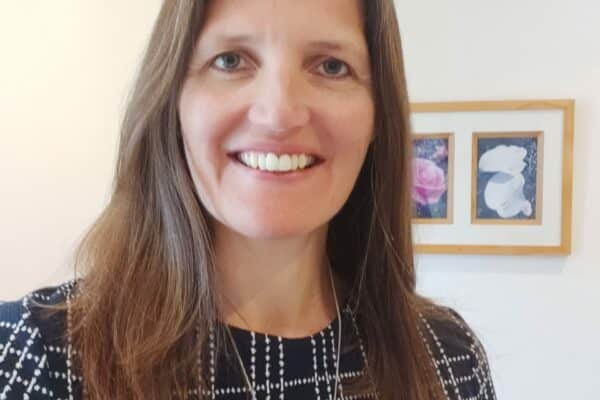As a service user, if I don’t want unvaccinated staff caring for me, can I voice this or is it considered discriminatory?
The requirement for all patient-facing workers in health and social care to be double vaccinated against COVID-19 has been dropped, with effect from 15 March 2022.
This means that mandatory vaccination as a condition of employment will now not apply to health service workers, such as doctors and nurses. At the same time the requirement that adult social care staff must be double jabbed, which only came in during November 2021, is to be scrapped.
This means that anyone receiving any health or care service can no longer rely on the person providing that service being vaccinated.
The Secretary of State, Sajid Javid, told Parliament that 90 per cent of those who responded to a public consultation were in favour of this change. He explained that wide uptake of vaccines throughout the population, together with new anti-viral treatment for the most vulnerable and the milder nature of the current Omicron variant of the virus, means this is the right course of action.
All the current discussion about this does seem to be from the point of view of the workers. It is now generally accepted that to force vaccination on them is wrong. But what about the person receiving health or care services? Can they refuse to be looked after by someone who is not vaccinated?
The answer seems to be, ‘Yes, but…’.
Let me explain.
This is a totally new disease, and to a large extent we are still feeling our way with how to manage it.
With Omicron it has become clear that vaccination lessens the potential harm of COVID-19 but doesn’t completely stop you catching it or passing it on. Also, just to have been ‘double jabbed’ earlier does not mean that a worker still has a lot of immunity: the vaccine seems to weaken with time. If the virus also weakens over time (a big ‘if’) we will reach a point when COVID-19 vaccination stops being much of a hot topic at all, like flu jabs.
For now, I would hope that all care providers will respect the wishes of anyone who does not want to be looked after by an unvaccinated carer. I can see no way in which this is discriminatory since vaccination status is not a protected characteristic. I do think that in some, unusual, situations it could make it harder for a care provider to meet your needs, and this might need to be part of a frank discussion with them.
However, vaccination is perhaps the wrong area to focus on. With Omicron still widespread in the community, it is good practice, and insisted on by government, that all care workers, vaccinated or not, carry on for the foreseeable future wearing PPE, especially masks, when providing care? They should keep on testing themselves, particularly if they feel they may have symptoms, and be enabled by their managers to keep away from vulnerable people if they are infected. These are the actions by workers that will do most to keep you (and them) safe; these are the actions that, in our current situation, we should all insist on.
Further information
Government statement announcing revocation of compulsory vaccination: https://www.gov.uk/government/consultations/revoking-vaccination-as-a-condition-of-deployment-across-all-health-and-social-care/outcome/revoking-vaccination-as-a-condition-of-deployment-across-all-health-and-social-care-consultation-response
Protected characteristics: https://www.equalityhumanrights.com/en/equality-act/protected-characteristics
Ask the Care Specialists
"*" indicates required fields







